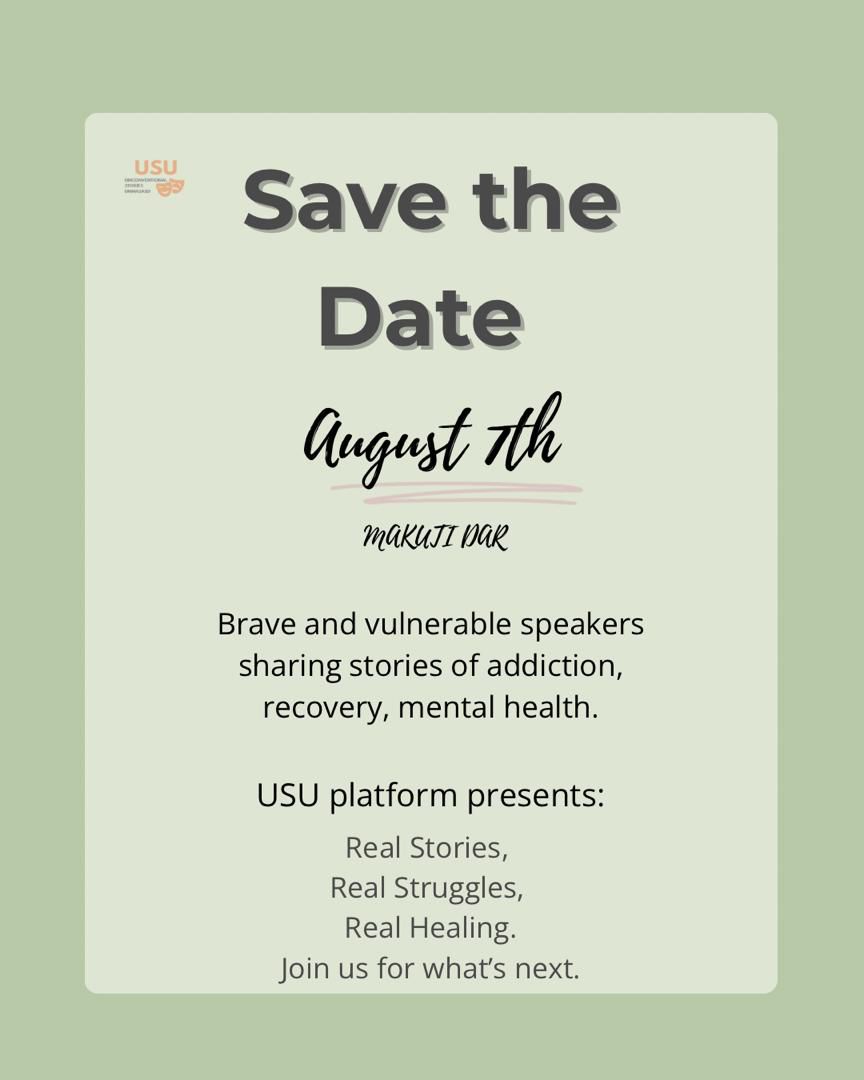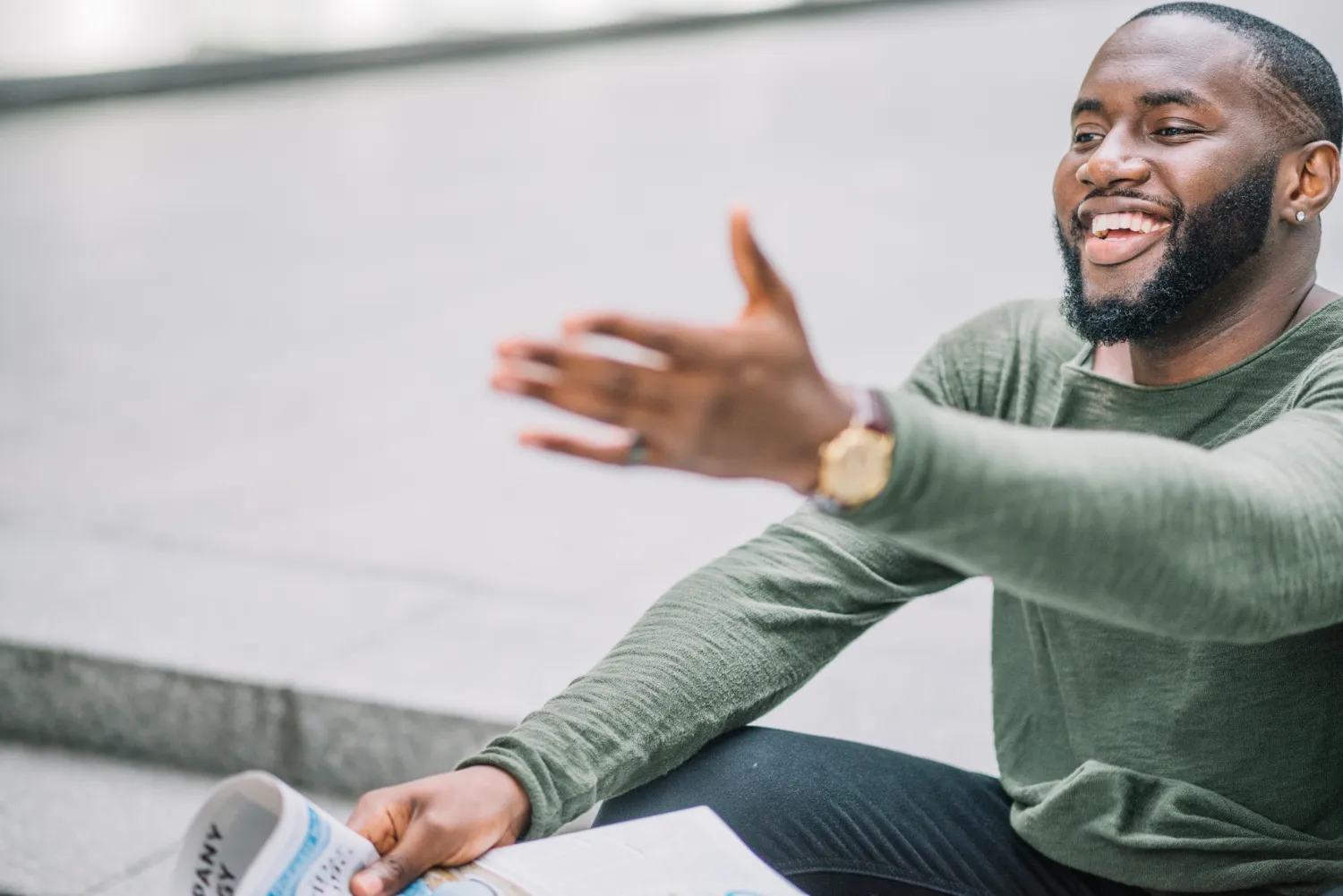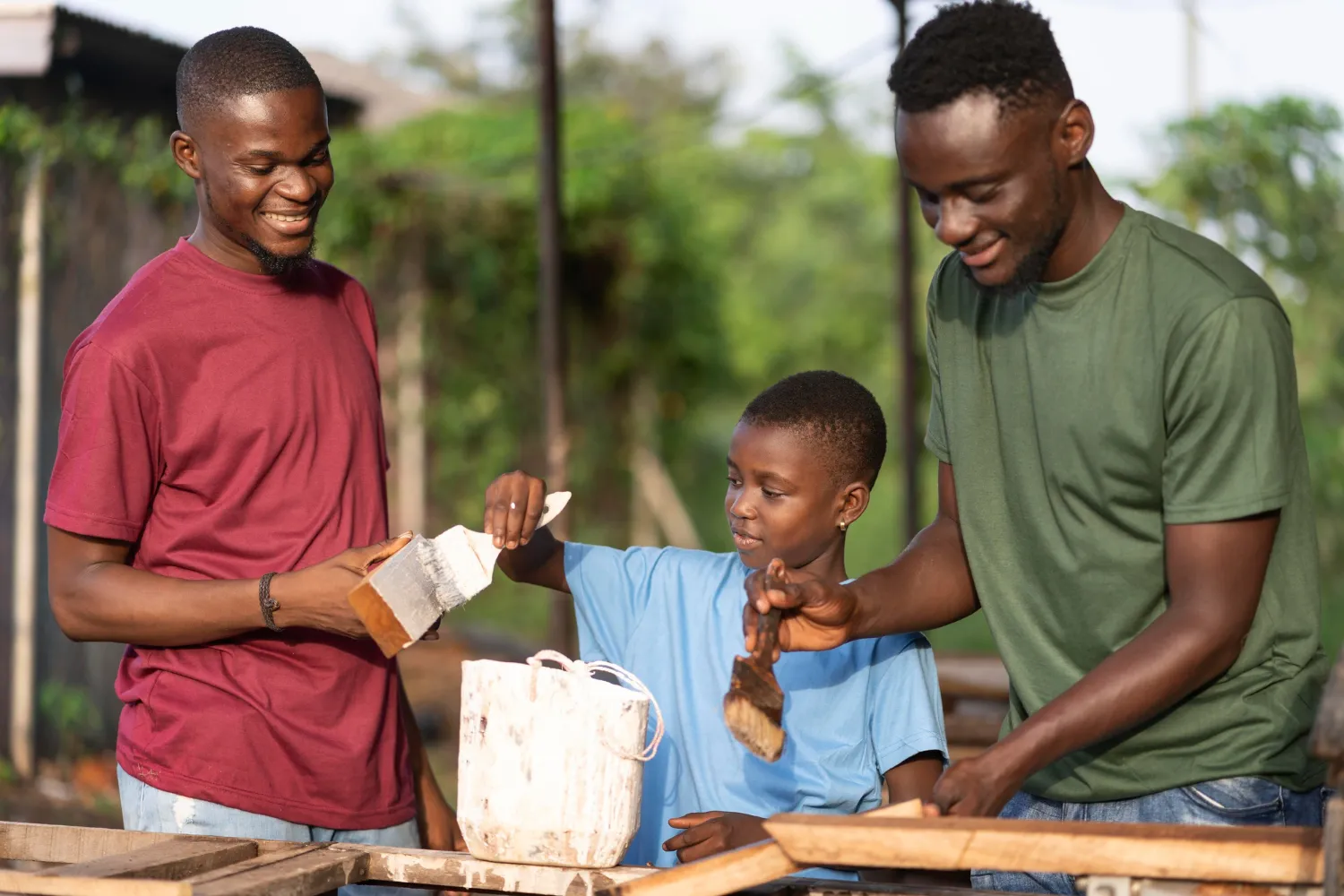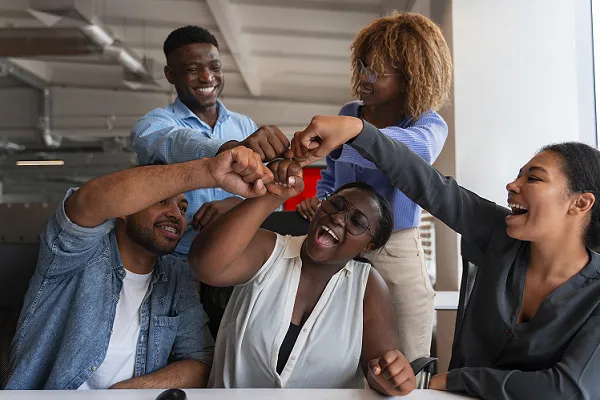Impactful Friendships: Empathy vs. Sympathy
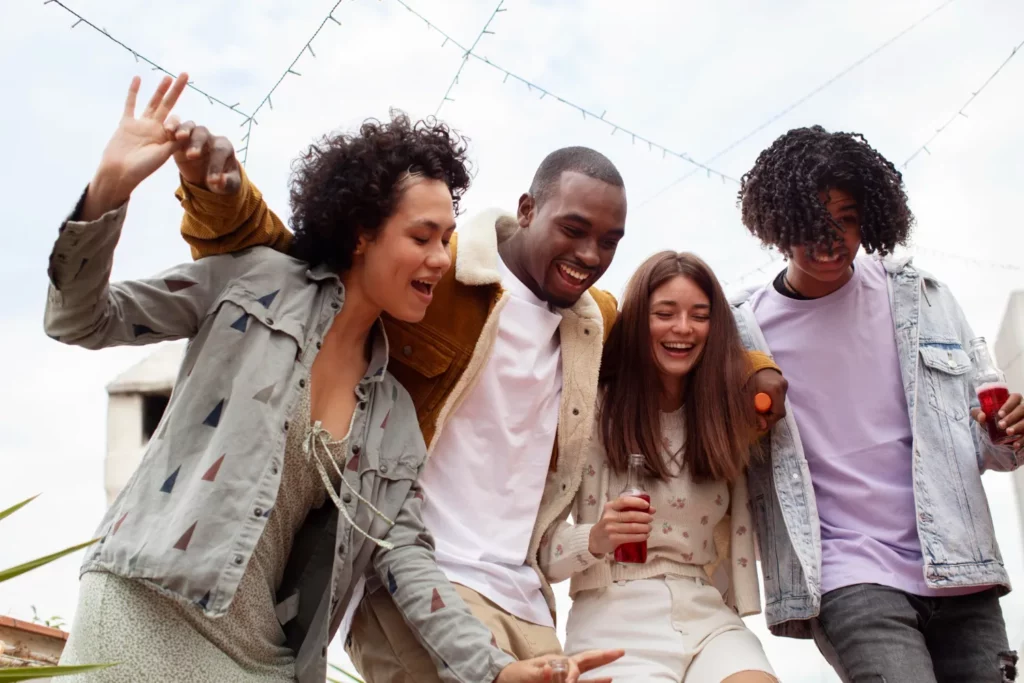
“A friend is not someone who simply sympathizes with you but someone who steps into the mud and walks alongside you.”
Simon Sinek
Friendships rooted in empathy can transform lives, particularly for those battling mental health challenges or addiction. During my time in rehab and post-rehab, I encountered people from all walks of life, each grappling with unique struggles and moments of denial. Yet, through the chaos, we supported one another, not out of obligation, but out of shared humanity. The 12-step addiction recovery process emphasized empathy: stepping into the mud together to help each other heal.
Personal Reflections
In rehab, I met extraordinary people who reshaped my perspective. After being diagnosed with ADHD at 40, I was overwhelmed by questions about my past and future. A fellow patient, whom I’ll call “K,” immediately reached out. He shared his experience with ADHD, offering reading materials and guidance that helped me begin processing my diagnosis. His empathy showed me that recovery doesn’t happen in isolation—it requires connection. In Alcoholics (AA) and Narcotics Anonymous (NA) sessions, we listened and encouraged and supported each other throughout recovery.
The 12-step process taught me three critical lessons:
• Have a sponsor: Someone who’s been through the journey can guide you.
• Attend meetings: Community is essential for shared accountability and healing.
• Engage in conventions: Events reinforce that recovery is a collective effort.
Healing also demands professional support (psychologists, psychiatrists, doctors), a primary support network (family and friends), a secondary team (professionals), and a tertiary team (church groups, sports teams etc). Recovery thrives on empathy—not just being there, but truly walking with others through their pain.
Global vs. African Statistics
Globally, over 70% of recovering addicts cite their support systems as essential to success. In Africa, stigma and limited access to mental health care leave many without this lifeline, exacerbating dependency and relapse rates. Empathy, when practiced at all societal levels, can bridge this gap.
Resources
• Book: “Option B: Facing Adversity, Building Resilience, and Finding Joy” by Sheryl Sandberg
• TED Talk: “What Makes a Good Life? Lessons from the Longest Study on Happiness” by Robert Waldinger
• Michael Gervais’ podcast, “Finding Mastery”
Call to Action
To neurotypicals: don’t just offer sympathy; extend your hand to someone struggling. Walk with them, listen to their stories, and offer actionable support.
For recovering addicts: embrace AA’s and NA’s tradition of service. By helping others, you solidify your own recovery and inspire new hope.
Conclusion
Reflecting on my journey, I remain grateful for those who helped me and continue to help. Their empathy carries me through. Now, I strive to do the same for others, offering the same selfless support I received. Together, we can create a ripple effect of healing, empathy, and impactful friendships.
(Refer to this impactful LinkedIn post for more inspiration.)






